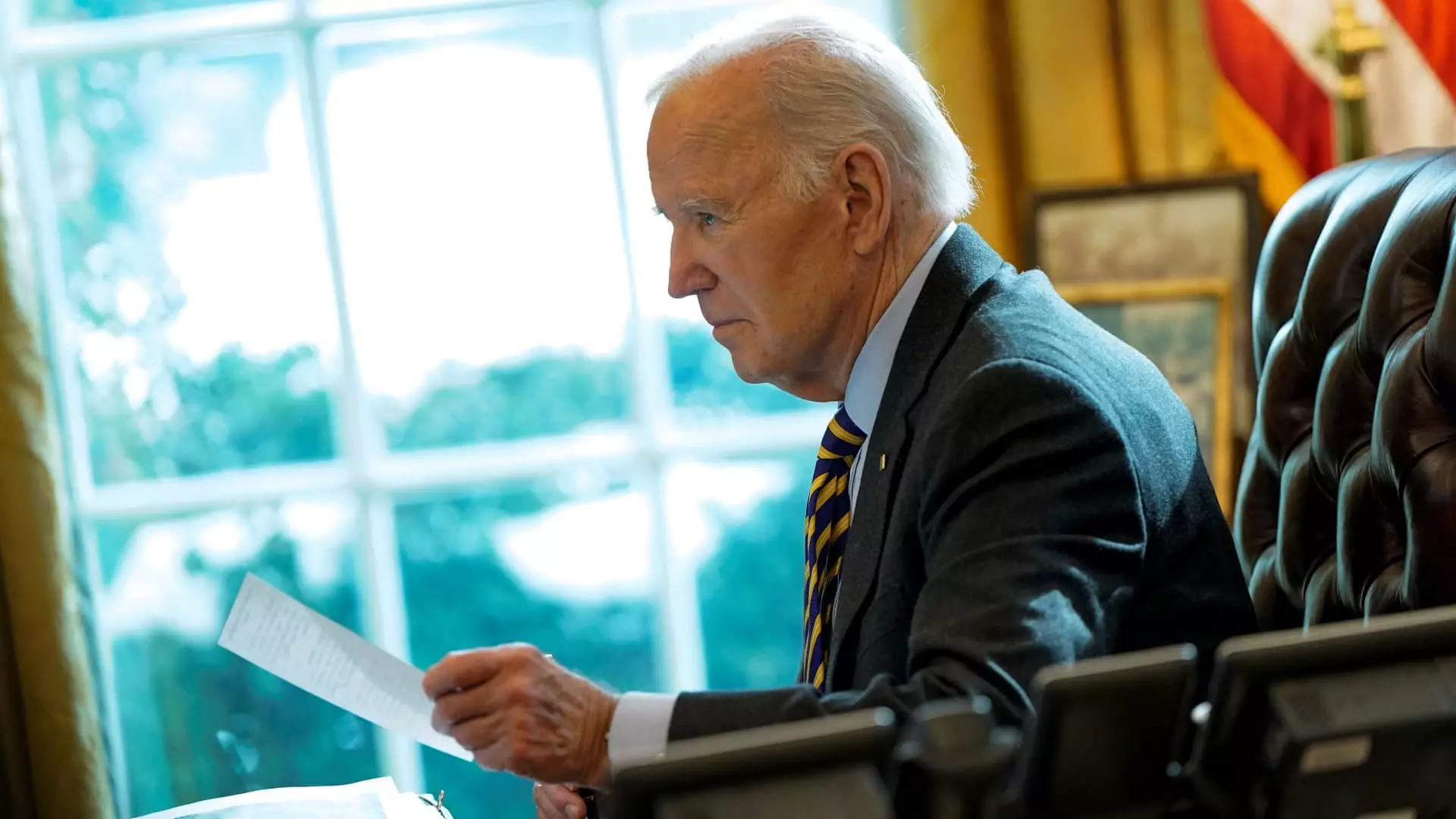The acquisition bid between Nippon Steel and U.S. Steel, valued at an astounding $14.9 billion, has been a focal point of tension between corporate aspirations and U.S. national security considerations. The Biden administration’s decision to delay the enforcement order until June highlights the complexity of foreign investments in critical industries and the fine balance that must be struck between economic opportunity and security.
Nippon Steel’s bid for U.S. Steel is not merely a corporate transaction; it’s a strategic move that underscores Japan’s significant investment footprint in the United States. Historically, steel has been a cornerstone of American manufacturing, and foreign acquisitions in this sector invoke numerous concerns, particularly regarding national security. The administration’s initial block on January 3 raised eyebrows and sparked discussions on what constitutes “national security” in the context of international business transactions.
The delay provides a window for both companies to reconsider their strategies. The interagency review conducted by the Committee on Foreign Investment in the United States (CFIUS) is pivotal to understanding the implications of foreign investments in American companies, especially in industries deemed crucial to national security.
The legal landscape surrounding this acquisition is tumultuous. U.S. Steel and Nippon Steel’s decision to challenge Biden’s order indicates a broader political struggle concerning ownership of pivotal industrial assets. They claim that the CFIUS review was biased due to Biden’s long-held opposition to the merger, suggesting a conflict between the need for a fair review process and political motivations on both sides of the aisle. The implications of their lawsuit are significant; if successful, it could alter the grounds on which future foreign mergers and acquisitions are assessed.
This situation is compounded by the political calculus at play, particularly as Biden targets union votes and national interests amidst a backdrop of competitive global economic dynamics. The support from both Democratic and Republican leaders in opposing the acquisition reflects the abiding concern over protecting American jobs and industries—an essential narrative in any political campaign.
Japan’s Foreign Minister, Takeshi Iwaya, has publicly lamented Biden’s blocking of the sale, emphasizing the importance of the U.S.-Japan alliance. This discourse around the acquisition points to ecological anxieties within international economic relations, where perceptions of favoritism toward domestic enterprises could sour relations between key allies. Iwaya’s expressions of concern indicate the broader unease within the business community, particularly among foreign investors who feel an aversion to a shifting landscape of regulations and nationalistic trends in U.S. economic policy.
As Japan stands as one of the largest foreign investors in the U.S., the stakes are high not only for Nippon Steel and U.S. Steel but also for the future economic partnership between the two nations. Possible disruption from the acquisition bid could reverberate through various sectors, affecting investor confidence and the overall market’s stability.
The Nippon Steel and U.S. Steel saga exemplifies the complexities inherent in navigating foreign investment in critical sectors like steel. As the deadline for resolution approaches, all eyes will remain on the Biden administration, the courts, and both companies’ negotiations. The outcome may set precedents for how similar transactions are handled in the future, potentially influencing both the landscape of foreign investments in the U.S. and the delicate threads of international economic relations.
While the acquisition raises pressing national security concerns, it is also a test of America’s commitment to maintaining robust economic ties with its allies. As unexpected hurdles continue to arise around the negotiation table, stakeholders will need to find innovative pathways to address these multifaceted challenges, ensuring that the balance between security and economic collaboration remains intact.


Leave a Reply